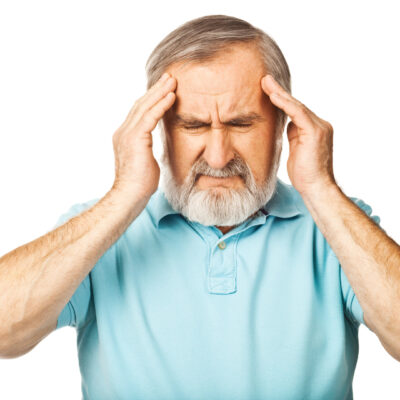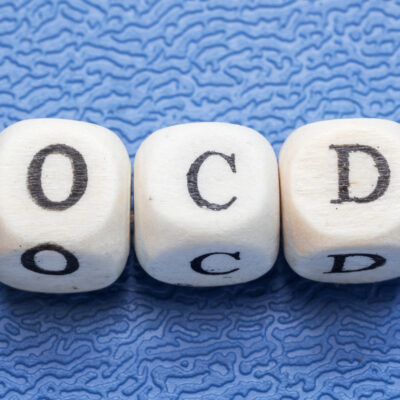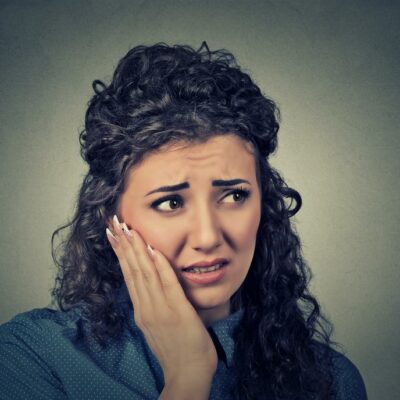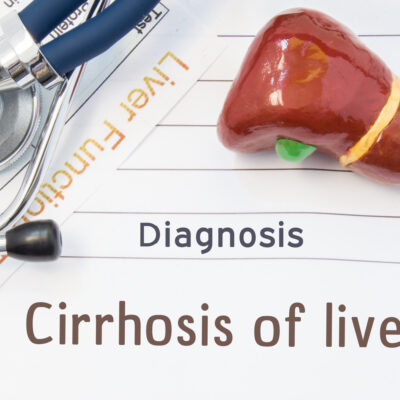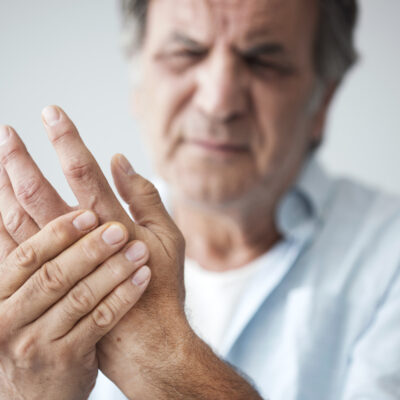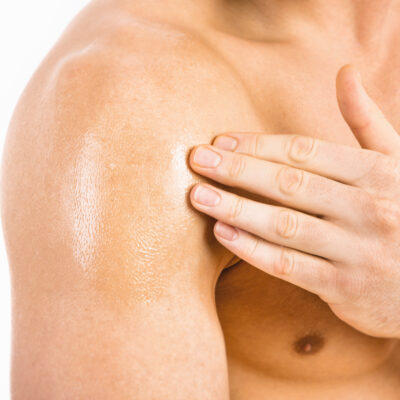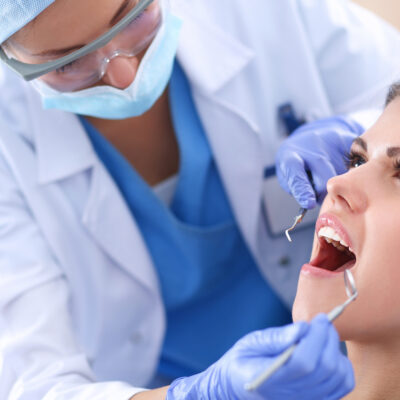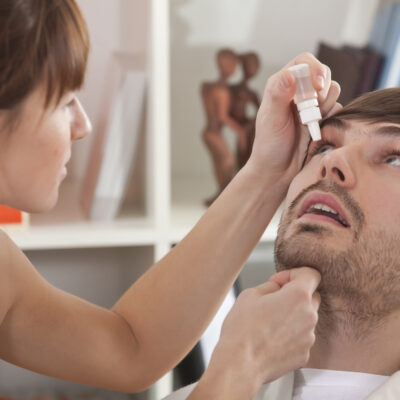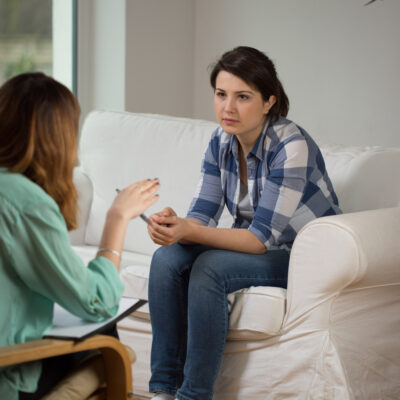
Lifestyle
Essential checklist for the symptoms of anxiety
Quite often, the symptoms of anxiety disorders go unnoticed as they are not very prominent in the initial stages, but lack of treatment can cause these symptoms to worsen with time. It is natural for all of us to experience a certain level of anxiety at various points in life, but due to this, we tend to ignore the initial symptoms of anxiety disorders till we reach a point where the condition starts affecting our mental and physical health. Anxiety is caused by a wide variety of factors. It is important to understand the triggers of this condition as it can help you cope with it. If you are in doubt as to whether you have anxiety and whether or not it is having an impact on your life, you can refer to this checklist to analyze your situation or that of your friends and family. Note that this checklist cannot help you diagnose anxiety, but it can make you aware of whether your condition requires further medical attention. It is necessary to consult a doctor to get an accurate diagnosis and treatment. This checklist is based on the list of symptoms that are most common among people who have anxiety.
Read More 

